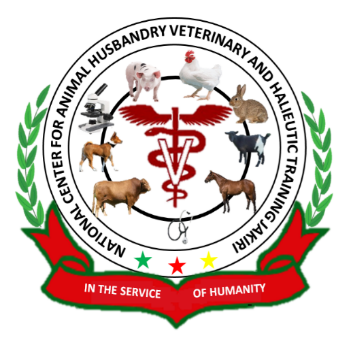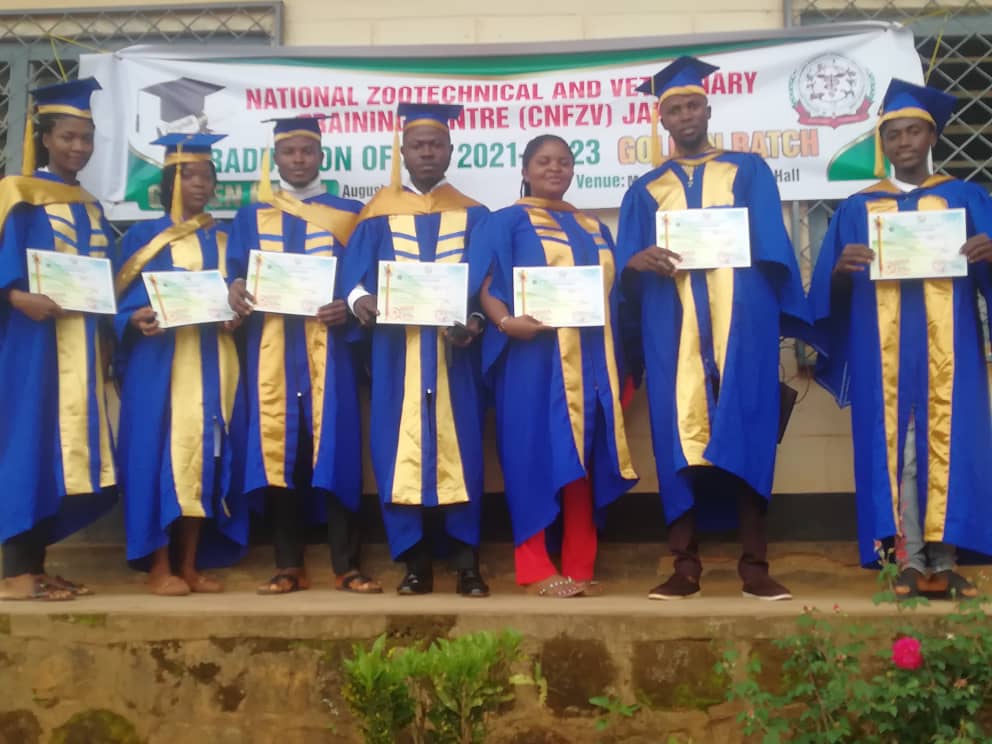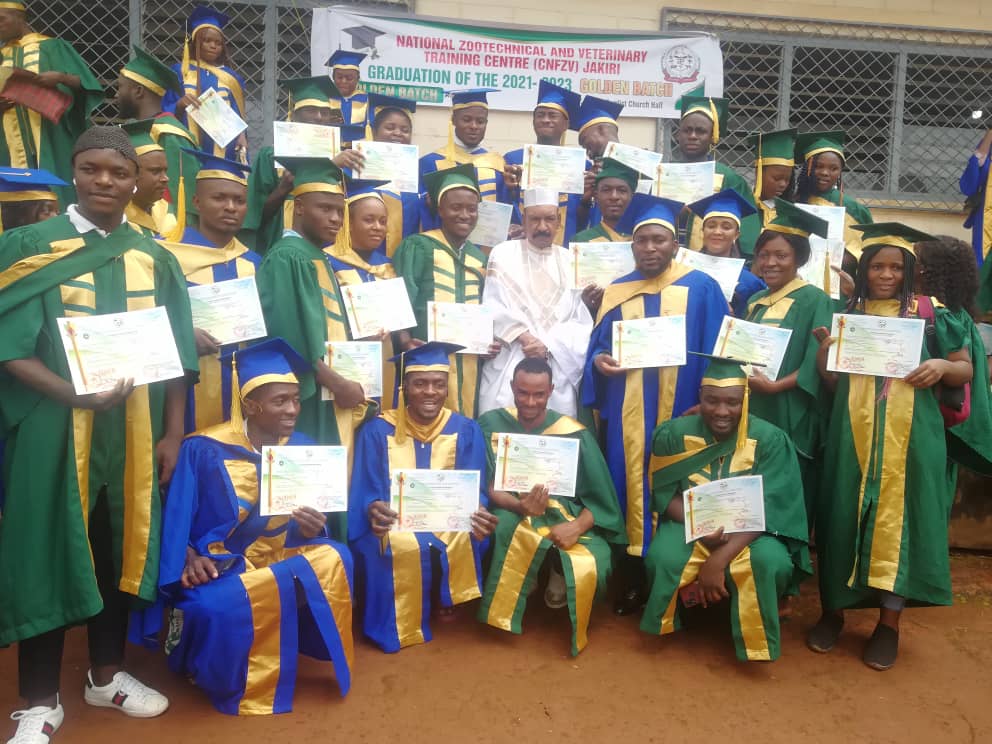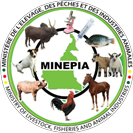National Zootechnical and Veterinary Training Centers (CNFZV) of Jakiri

Historical
The Jakiri CNFZV facilitates the training of English-speaking development agents.
It has undergone several mutations in its evolution:
- Mid-1940s: Creation of the Livestock Investigation Centre (CIB) by the German colonial masters;
- In 1959: creation of the CNFZV of Jakiri by decree;
- The CNFZV of Jakiri aimed to train the following categories of personnel: veterinary superintendents, assistant veterinary superintendents, veterinary agents and animal industry technicians.
- In 1990: the first independent auditors were recruited.
Mission and Vision
The National Zootechnical and Veterinary Training Center (CNFZV) of Jakiri is a public administrative establishment for professional education, with legal personality and enjoying financial autonomy.
These training centers in accordance with decree n°96/010 of January 15, 1996 relating to the status of the National Zootechnical and Veterinary Training Centers have the main missions
- initial vocational training for young people in the fields of livestock breeding, animal health and related professions;
- the development, retraining and specialization of personnel in the fields of livestock breeding, animal health and related professions;
- support for the development of professions in the fields of livestock farming, animal health and related professions.
Educational Offer
- Sectors:
The act of creation of each school attached in Appendix 2 specifies the cycles that are open there and the courses that are provided there. With a study duration of two (2) years per cycle, the Training Centers under MINEPIA supervision have three (03) cycles, namely:
- Cycle I: It provides training for Assistant Livestock Technicians, or assistant veterinary nurses. It prepares for the Professional Veterinary Studies Certificate, in livestock farming.
- Cycle II: It provides training for Livestock Technicians, veterinary nurses. It prepares for the Livestock Technician Certificate and Veterinarian Certificate.
- Cycle III: It provides training for Agropastoral Advisors. It prepares for the Higher Technician Certificate with Agropastoral Advice option.
- Entry profile
- Cycle I: Brevet d’Etudes du Premier Cycle (BEPC), or the General Certificate of Education, Ordinary Level (GCE.OL) in four subjects excluding religion, or any other general or technical education diploma recognized as equivalent. Civil servants holding the diploma of Veterinary Agent, Assistant Technical Agent of animal industries, or fish farming instructor, or an equivalent diploma and justifying at least two (2) years of seniority in this capacity and State agents covered by the labor code may also apply. The latter must be classified at least in the category to which the BEPC or any other diploma recognized as equivalent and justifying professional experience of at least five (5) years.
- Cycle II: Secondary Education Probation Certificate, or the General Certificate of Education, Advanced Level (GCE/AL), in four subjects excluding religion, or the Professional Studies Certificate in one of the centers’ streams, or a general or technical education diploma recognized as equivalent. Civil servants holding the Professional Studies Certificate in one of the schools’ streams or an equivalent diploma and with at least two years of seniority in this capacity and State agents covered by the Labor Code, classified at least in the category to which the Probation Certificate or any other diploma recognized as equivalent gives entitlement, and with at least five (5) years of professional seniority may also apply.
- Cycle III: secondary school baccalaureate, or the General Certificate of Education Advanced Level (GCE/AL) in at least two scientific subjects, with the General Certificate of Education Ordinary Level (GCE/OL) in at least four scientific subjects, or the Technician’s Certificate in one of the school’s streams, or a general or technical education diploma recognized as equivalent. Civil servants holding the Technician’s Certificate in one of the school’s streams, or an equivalent diploma and justifying at least two (2) years of seniority in this capacity and State agents covered by the labor code and classified at least in the category to which the secondary school baccalaureate gives entitlement, or any other diploma recognized as equivalent and justifying professional seniority of at least five years may also apply.
Admission
Admissions to the Training Centers are made through competitive examinations opened by order of the Minister in charge of Livestock, Fisheries and Animal Industries. The act of opening the competition determines the number of places in each training cycle and sets the conditions of admission, the programs and the organizational arrangements. Subsequently, the Supervisory Minister designates by service note those responsible for ordination, supervision and correction of copies of the entrance tests.
Contact and Location
cnfzv.jakiri@yahoo.com telephone 677719084
website: www.cnfzv.c m















